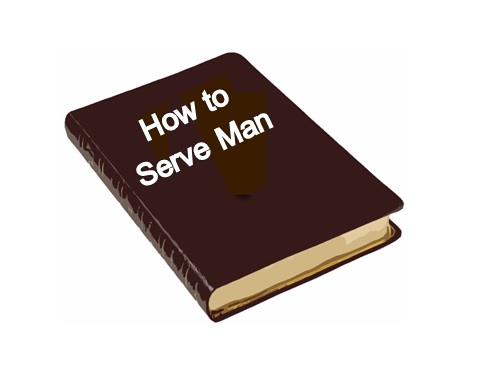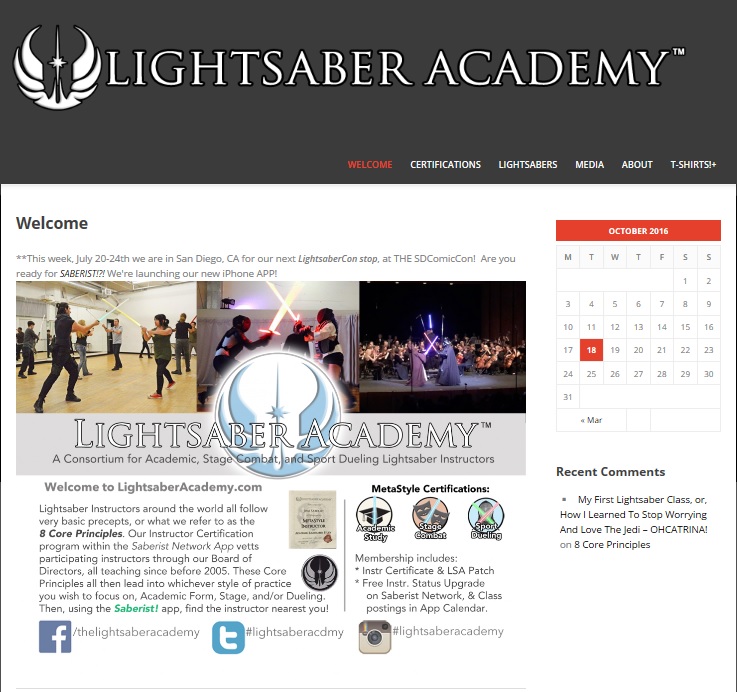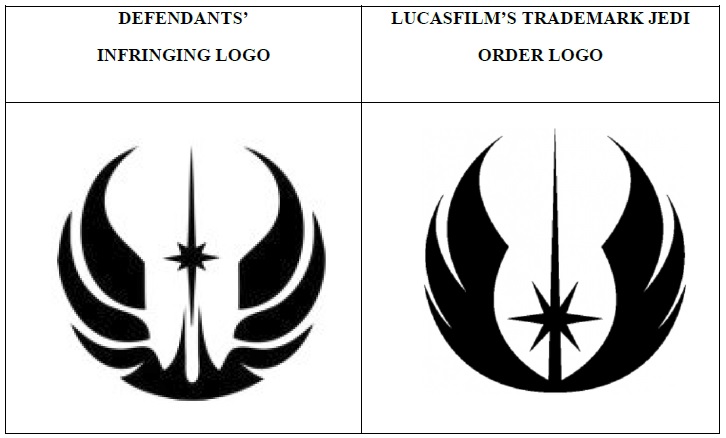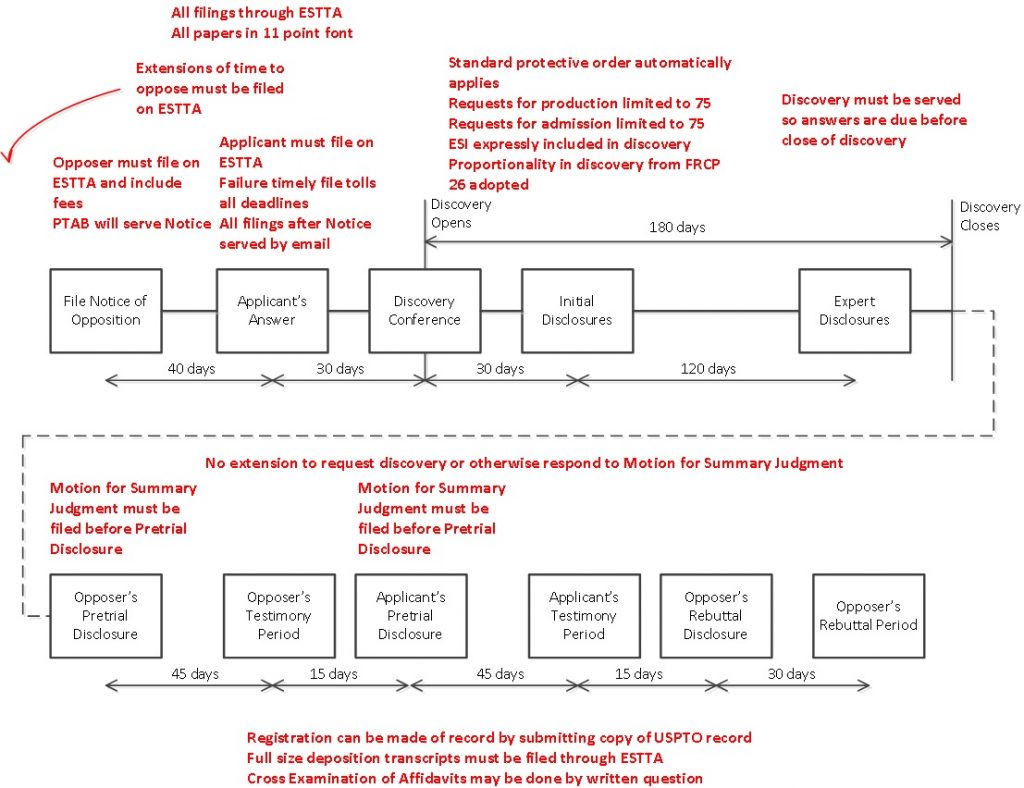In D.C. One Wholesaler, Inc. v. Chien, [Opposition No. 91199035/Cancellation No. 92053919](TTAB October 4, 2016), the TTAB was called upon to resolve a dispute over the ownership of the trademark I ♥ DC. The TTAB held in a non-precedential opinion, that I ♥ DC was not a trademark — not for being deceptively misdescriptive, as one might expect, but simply because it did not function as a mark.
The TTAB reminded us that the Trademark Act is not an act to register mere words, but rather to register trademarks. The Board said that before there can be registration, there must be a trademark, and unless words have been so used they cannot qualify. The Board found that the record before it indicated that I ♥ DC has been widely used, over a long period of time and by a large number of merchandisers, as an expression of enthusiasm, affection or affiliation with respect to the city of Washington, D.C. The Board further found that the marketplace is awash in products that display the term I ♥ DC as a prominent ornamental feature of such goods, in such a way that the display itself is an important component of the product and customers purchase the product precisely because it is ornamented with a display of the term.
The Board concluded:
We find that the phrase I ♥ DC on apparel and other souvenirs, whether displayed in the stacked format shown in the Registration or in the horizontal format shown in the Application, would be perceived by purchasers and prospective purchasers as an expression of enthusiasm for the city of Washington, DC. Under such circumstances, customers would not perceive I ♥ DC as an indicator of the source of the goods on which it appears.
Thus, the Board held that I ♥ DC fails to function as a trademark. The Board sustained the opposition, and cancelled Opposer’s registration.
The Board’s decision is non-precedential, perhaps because the Board did not want to to encourage a close look into the many registered trademarks that function like I ♥ DC. When someone buys a shirt or other trinket with a short sentiment (or even a sports team name) do they really think about, or even care about, the source? In the vast majority of cases they couldn’t care less about the source, they are buying the message. Ever since Dallas Cap & Emblem, the dirty little secret of trademark law is that we routinely bend trademark protection to protect the message and not the source. However, when you bend trademark law too far, it occasionally snaps.
 The USPTO has announced a number of fee increases to “better serve” its trademark constituency. The majority of the fee increases punish those Luddites among us who still make paper filings. The fees for paper filings are increasing between 60% and 200%. However the fee increases also impact e-filers, with increases ranging from 23% and 100%, and the introduction of new fees for requesting an extension of time to file a Notice of Opposition.
The USPTO has announced a number of fee increases to “better serve” its trademark constituency. The majority of the fee increases punish those Luddites among us who still make paper filings. The fees for paper filings are increasing between 60% and 200%. However the fee increases also impact e-filers, with increases ranging from 23% and 100%, and the introduction of new fees for requesting an extension of time to file a Notice of Opposition.


